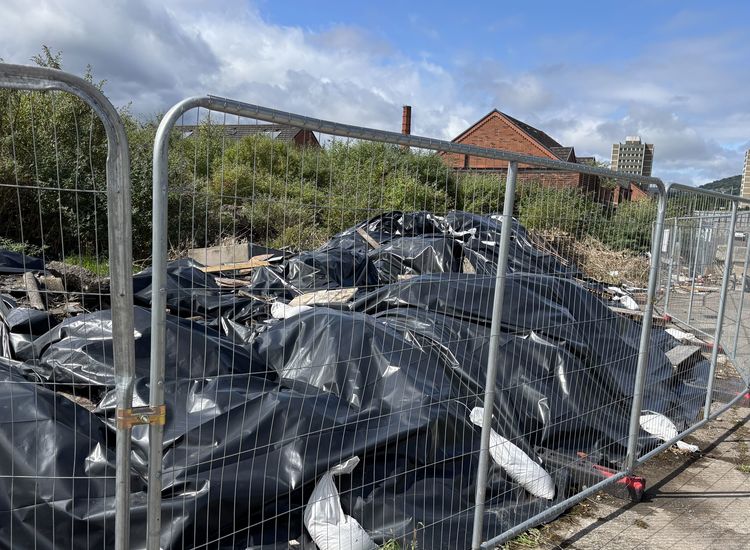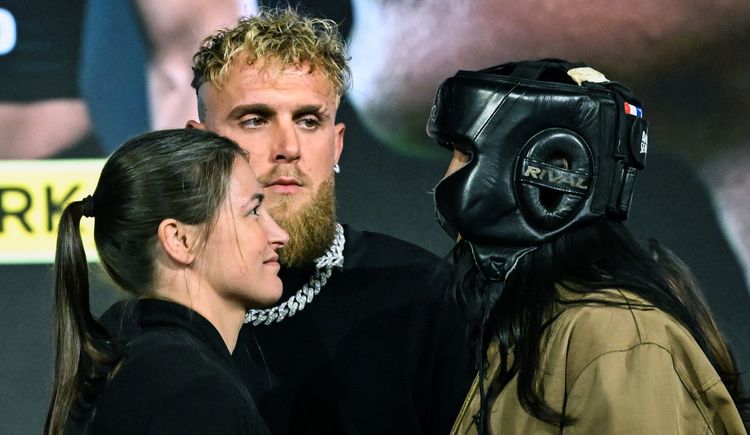At a special show at Yeats’s Lissadell House in Sligo in 2010, Leonard Cohen spoke of the privilege of performing where the “master poet” walked, wrote and loved.
By Colleen Taylor
I’ve been struggling with how to comment on the passing of Leonard Cohen—a cultural loss on a global scale. I don’t feel as if it’s my place to speak with authority about what his loss means for music. After all, I didn’t grow up with his songs, like my parents did. In fact, I’ll confess that I first became aware of Cohen via the “Shrek” film soundtrack as a kid, when I started obsessively playing “Hallelujah.” Music journalists have been praising Cohen’s legacy, his grace, his artistic soul, his unparalleled contributions to sound and song with greater knowledge and eloquence than I could ever muster for over a week now. So what can I possibly add to that elegiac chorus? I guess my own response, then, will amount to a cultural one.
Within the past week, it seems that Ireland (and feel free to call me biased) is one of the cultures most affected by Cohen’s loss. For instance, on Facebook, the most numerous, emotional, reflective responses to the news of Cohen’s death were almost all from my Irish friends. Likewise, whereas most newspapers posted the standard single commemorative article about Cohen, the Irish Times has published dozens. There seems to be a communal enactment of remembering and honoring Cohen—at a national level—happening in Ireland, whereas in the States, such reflections come across as far less intense, especially among people of my generation. This makes me not only proud of Ireland, for their great taste, but also rather curious. Cohen, after all, comes from a Jewish background, and grew up in Montreal, not Ireland, nor even the Irish areas of Canada. On top showing Cohen’s unforgettable impact, the Irish response to his death might also shed light on an interesting cross-cultural phenomenon, between Jewish culture in North America and Ireland, between modern day folk and a long, ancient balladeering history preserved in Irish cultural memory.
Many artists, including Judy Collins, have cited Cohen’s Jewish background as an important influence and worldview for his music. When Cohen moved to the States in the 1970s, he also moved toward a musical world where Jewish and Irish musical culture were literally harmonious. Contemporaneously, Bob Dylan, himself of Jewish heritage, had been making friends with the Clancy Brothers in Greenwich Village. Liam Clancy often recounted helping to get the young singer Dylan into folk music. Dylan, now a Nobel Laureate as well as a music icon, was fascinated with Irish ballads and their storytelling narrative power. Thirty years later, in 1992, the Clancys joined Dylan onstage for his anniversary concert, as they all chorused “When the Ship Comes In.” The connection between Dylan and the Clancys, however, has deeper historical roots. As music historian Mick Moloney reminds us, Tin Pan Alley, the central early 20th century songwriting industry and the roots of today’s Broadway musical empire, was an Irish-Jewish collaboration. Songwriters like William Jerome (of Irish descent), Jean Schwartz, and singers like Eddie Foy and Norah Goldberg traded Jewish stage names and Irish songs. Schwartz and Jerome even composed a famously jaunty tune called “If it Wasn’t for the Irish and the Jews” in 1912 (recently re-recorded by Moloney). Although jocular and whimsical in tone, the song also affirmed that cross-cultural marriage between the Irish and Jews. All this is to say that in North America, the musical affinity between Jewish and Irish culture shares a long history.
Cohen emblematizes this Irish-Jewish musical collaboration not only for his many Irish fans, but also for his several shows performed in Ireland, including his most recent stellar concerts in the O2 arena in Dublin in 2009 and 2013, and perhaps most importantly, his love for Yeats. Originally a writer and a poet himself, Cohen’s music, like Yeats’s poetry, bridges the gap between music and poetry, sound and written word. Cohen performed a special show at Lissadell House in Sligo in 2010, where he read Yeats’s poetry aloud, sang “Hallelujah,” and talked of the privilege of performing his art in the space where the “master poet” walked, wrote, and loved. Both consciously and unconsciously, Leonard Cohen became another exemplar of this cross-cultural musical bond, which perhaps helps to explain why Ireland has been so drawn to Cohen’s music throughout the past 50 years. Cohen had something of the Irish balladeer in him, even if he didn’t have Irish DNA.
Perhaps all this is too speculative, or even too superfluous, for an important reflection on Cohen’s legacy. Regardless, I think the comparison reminds us of the rich past of Irish and North American music, in which Leonard Cohen is now an important historical figure.
Colleen Taylor writes the Music Notes column in the Irish Echo each week.









